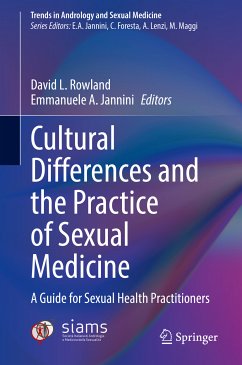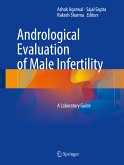Individual sexuality represents the cumulative effects of biological, psychological, and cultural influences. Yet much of the study of sexuality-including issues ranging from sexual identity to sexual response-has been conducted through a Western lens. Although a substantial body of work in anthropology has taken up the study of human sexuality from a cross-cultural perspective, two points are notable. First, this work seldom crosses the desks of medical and psychological health practitioners, and second, the relevance of specific cultural differences is rarely apparent to the typical sexual health practitioner. To address this situation, this book adopts a global perspective, focusing on how cultural practices and valuescan impact health care, treatment, and outcomes. In this regard, it covers three broad domains: Sexual Identity and Orientation; Sexual Response and Dysfunction; and Sexual Diversity. Each chapter consists of two parts: a general description of the relevant issues, and a discussion of how these issues can be relevant to clinical practice.
The book offers a valuable, practical tool for specialists in sexual medicine and sexual psychology, for sexual healthcare givers, and for sexological researchers who want to better serve their patients by developing an awareness of and sensitivity to cultural differences, and by providing a framework for dealing with issues of sexuality and sexual health that takes cultural values into consideration, while adhering to best practices in patient care.
Dieser Download kann aus rechtlichen Gründen nur mit Rechnungsadresse in A, B, BG, CY, CZ, D, DK, EW, E, FIN, F, GR, HR, H, IRL, I, LT, L, LR, M, NL, PL, P, R, S, SLO, SK ausgeliefert werden.









